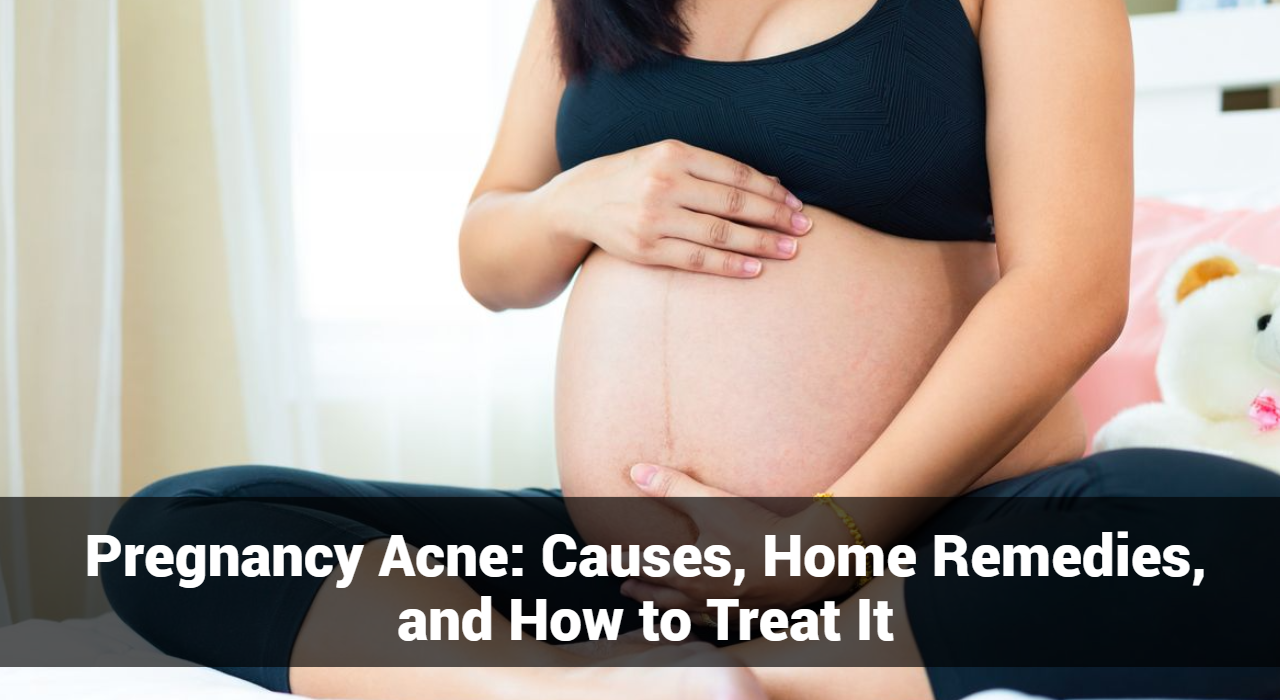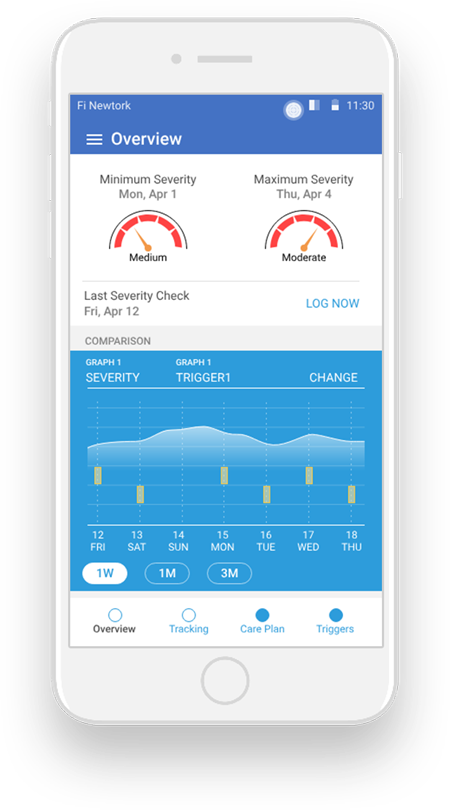Pregnancy Acne: Causes, Home Remedies, and How to Treat It

Pregnancy is a time of profound change, not just emotionally and physically, but also for your skin. One common issue that many expectant mothers face is pregnancy acne. This comprehensive guide explores the causes of pregnancy acne, effective home remedies, and treatment options to help you manage this condition and maintain healthy skin throughout your pregnancy.
What is Pregnancy Acne?
Pregnancy acne refers to acne that develops or worsens during pregnancy. It can range from mild to severe and commonly appears on the face, neck, chest, and back. Like regular acne, pregnancy acne can cause red, inflamed pimples, blackheads, and whiteheads.
Why Does Pregnancy Acne Occur?
The primary cause of pregnancy acne is an increase in hormone levels, particularly androgens. These hormones stimulate the sebaceous glands to produce more sebum, an oily substance that can clog pores and lead to acne breakouts. Additionally, pregnancy can cause the skin to become more sensitive and reactive to environmental factors, further exacerbating acne issues.
- Apple Cider Vinegar Toner: Dilute apple cider vinegar with water (one part vinegar to three parts water) and use it as a toner to balance the skin’s pH and reduce oil production. Apply with a cotton ball and leave it on for a few minutes before rinsing.
- Aloe Vera Gel: Aloe vera has soothing and anti-inflammatory properties that can help calm irritated skin and reduce acne. Apply pure aloe vera gel directly to the affected areas.
- Tea Tree Oil: Tea tree oil has antibacterial properties that can help treat acne. Dilute it with a carrier oil (like coconut or jojoba oil) and apply it to the affected areas with a cotton swab. Do not use undiluted tea tree oil, as it can cause irritation.
- Oatmeal Mask: Oatmeal can soothe inflamed skin and absorb excess oil. Mix ground oatmeal with water to create a paste and apply it as a mask for 10-15 minutes before rinsing off.
Medical Treatments for Pregnancy Acne
Before starting any medical treatments, it’s crucial to consult with your healthcare provider to ensure they are safe for you and your baby. Some treatments commonly recommended include:
Topical Treatments
- Benzoyl Peroxide: In low concentrations, benzoyl peroxide is generally considered safe during pregnancy. It helps kill acne-causing bacteria and reduce inflammation.
- Azelaic Acid: This ingredient is safe for use during pregnancy and can help reduce inflammation and bacteria.
- Glycolic Acid: In low concentrations, glycolic acid can help exfoliate the skin and prevent clogged pores.
Avoid Harmful Ingredients
- Retinoids: These are commonly found in many acne treatments but are not safe for use during pregnancy.
- Salicylic Acid: High concentrations should be avoided, but low concentrations (under 2%) are generally considered safe.
Lifestyle Changes to Manage Pregnancy Acne
- Balanced Diet: Maintain a balanced diet rich in fruits, vegetables, whole grains, and lean proteins. Avoid excessive sugar and dairy intake, which can trigger acne. Foods rich in omega-3 fatty acids, such as salmon, walnuts, and flaxseeds, can help reduce inflammation and promote healthy skin.
- Hydration: Drink plenty of water to keep your skin hydrated and flush out toxins. Staying well-hydrated can improve overall skin health and reduce the likelihood of breakouts.
- Stress Management: Practice relaxation techniques such as yoga, meditation, and deep breathing exercises to manage stress levels. Reducing stress can have a positive impact on your skin.
- Sleep Hygiene: Aim for 7-9 hours of sleep each night to allow your body to repair and regenerate, which can improve skin health. Establish a bedtime routine to help you relax and get better quality sleep.
- Avoid Touching Your Face: Try to avoid touching your face frequently, as this can transfer oils and bacteria from your hands to your face, leading to breakouts.
- Use Non-Comedogenic Products: Ensure that all skincare and makeup products you use are labeled non-comedogenic, meaning they won’t clog your pores. This can help prevent acne.
GET IN CONTROL OF YOUR ECZEMA
Use our AI tool to check the severity of Eczema and keep track of your Eczema progress.
Effective Solutions for Managing Pregnancy Acne
- Maintain a Consistent Skincare Routine
- Gentle Cleansing: Use a gentle, fragrance-free cleanser to wash your face twice a day. Avoid scrubbing too hard, as this can irritate the skin and worsen acne.
- Moisturizing: Keep your skin hydrated with a non-comedogenic moisturizer. Look for products that are labeled as oil-free and suitable for sensitive skin.
- Sun Protection: Use a broad-spectrum sunscreen with at least SPF 30 to protect your skin from UV damage, which can worsen acne and cause hyperpigmentation.
- Safe Skincare Ingredients
- Salicylic Acid (in low concentrations): While high concentrations should be avoided, low concentrations of salicylic acid (under 2%) are generally considered safe during pregnancy and can help unclog pores.
- Azelaic Acid: This ingredient is safe to use during pregnancy and can help reduce inflammation and kill acne-causing bacteria.
- Glycolic Acid: In low concentrations, glycolic acid can help exfoliate the skin and prevent clogged pores.
- Dietary Adjustments
- Stay Hydrated: Drink plenty of water to keep your skin hydrated and flush out toxins.
- Balanced Diet: Focus on a balanced diet rich in fruits, vegetables, whole grains, and lean proteins. Avoid excessive sugar and dairy intake, which can trigger acne.
- Omega-3 Fatty Acids: Include foods rich in omega-3 fatty acids, such as salmon, walnuts, and flaxseeds, which can help reduce inflammation and promote healthy skin.
- Stress Management
- Relaxation Techniques: Practice relaxation techniques such as yoga, meditation, and deep breathing exercises to manage stress levels.
- Adequate Sleep: Aim for 7-9 hours of sleep each night to allow your body to repair and regenerate, which can improve skin health.
- Support System: Lean on your support system, including family, friends, and healthcare providers, to help manage stress and anxiety during pregnancy.
When to See a Dermatologist
If your pregnancy acne is severe or not responding to home remedies and over-the-counter treatments, it may be time to consult a dermatologist. They can prescribe safe and effective treatments tailored to your skin’s needs and your pregnancy.
Conclusion
Pregnancy acne can be a challenging issue, but understanding the causes and implementing effective solutions can help you manage and treat it. Maintaining a consistent skincare routine, using safe skincare ingredients, adopting home remedies, making dietary adjustments, managing stress, and consulting your healthcare provider are all important steps in addressing pregnancy acne. By taking proactive measures, you can achieve healthier, clearer skin and enjoy your pregnancy with confidence.
Track and Manage your Eczema treatment using a comprehensive Eczema App
Download Eczemaless now



